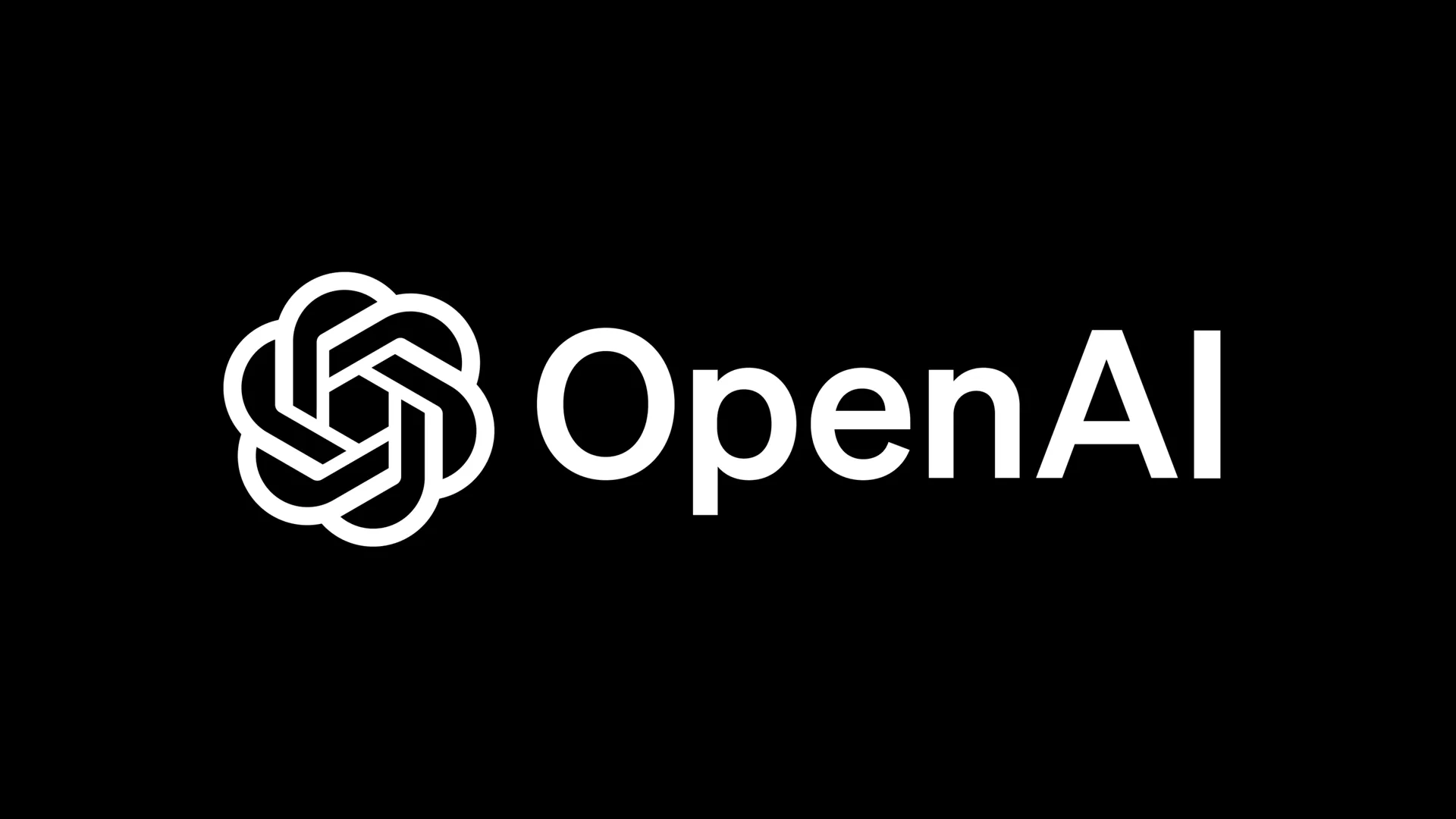Snapchat’s parent company has settled a social media addiction lawsuit in California just days before the first major trial examining platform harms was set to begin.
The agreement removes Snapchat from one of the three bellwether cases consolidating thousands of claims, while Meta, TikTok and YouTube remain defendants.
These lawsuits mark a legal shift away from debates over user content and towards scrutiny of platform design choices, including recommendation systems and engagement mechanics.
A US judge has already ruled that such features may be responsible for harm, opening the door to liability that section 230 protections may not cover.
Legal observers compare the proceedings to historic litigation against tobacco and opioid companies, warning of substantial damages and regulatory consequences.
A ruling against the remaining platforms could force changes in how social media products are designed, particularly in relation to minors and mental health risks.
Would you like to learn more about AI, tech and digital diplomacy? If so, ask our Diplo chatbot!










